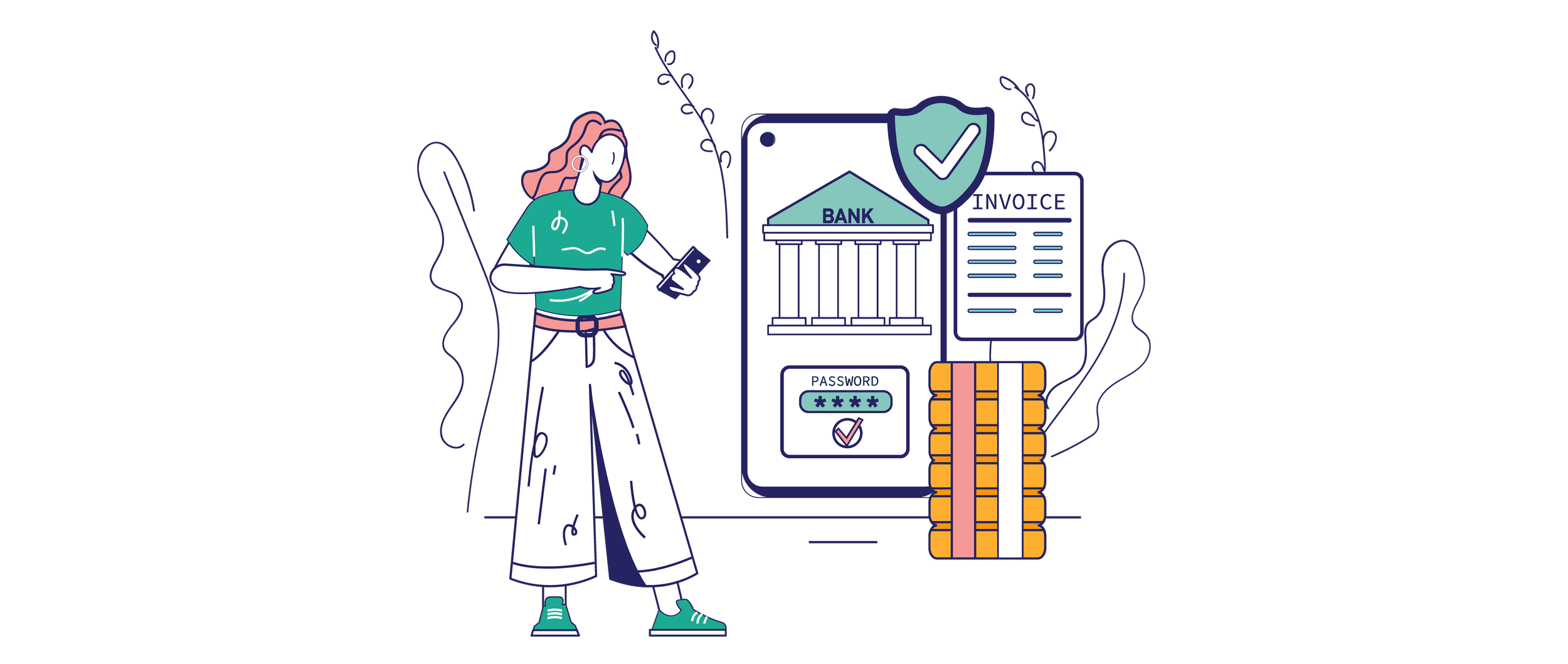Protect Your Business: How Poor Bookkeeping Can Limit Your Success
Prioritizing high-quality bookkeeping can be a challenge for small businesses. With so much to do and a limited number of hours in the day, bookkeeping can be easy to put off as time-consuming, technical, and unnecessary. However, poor bookkeeping can have wide-reaching effects that can cost your business money, damage your organization’s culture, and prevent future growth. To ensure long-term success for your business, invest in clear and thorough bookkeeping from the start, such as through online accounting and bookkeeping services.
Six Ways Poor Bookkeeping Harms Your Business
Bookkeeping is the heart of your business, and if your books aren’t clear, you can’t make decisions that allow you to effectively run your business. Poor bookkeeping not only impacts you, but those around you. By getting ahead of your bookkeeping and accounting, you can save yourself time, money, and a lot of headaches. These six impacts demonstrate the ways that bookkeeping can affect your business — positively or negatively.
Tax Implications
Poor bookkeeping can lead to discrepancies in income statements, expense statements, and more. Long term, inconsistencies in these statements can have negative tax implications like lost deductions, inaccurate returns, penalties, late fees, and more. By having accurate bookkeeping practices all year, you protect your business from having expensive tax errors in the future. With online accounting and bookkeeping services, you can stay on top of your books all year, no matter where life takes you.
Accounts Payable, Invoicing, and Reimbursements
Poor bookkeeping can lead to problems with your accounts payable. If your books are not kept up to date, you will be unable to track invoices, reimburse expenses, or generally stay on top of your accounts payable. However, if you have effective bookkeeping, you will be aware of and responsive to deadlines, due dates, and more. Online accounting and bookkeeping services are an easy way to stay on top of deadlines and due dates, because you can see the most updated information online, any time.
Payroll
Poor bookkeeping can negatively impact payroll. If you’re unsure of your income and expenses, you may be unable to pay employees correctly, and you may not be able to correctly track payroll expenses. Long-term, poor bookkeeping can lead to inaccurate payroll reporting for both your business and your employees, which could impact reporting of year-to-date earnings or lead to incorrect W-2 forms, causing negative ripple effects. Better bookkeeping practice can help you better manage your costs, and can help employees be more financially equipped, too.
Bank Relationships
Poor bookkeeping can affect your relationship with your bank. If you are not tracking and managing your income and expenses properly, you may accrue late fees, experience overdrafts, or even have your accounts frozen or closed. Plus, if you have demonstrated yourself to be a financially irresponsible business owner, you may not be able to secure a loan or credit line if you need one in the future. Managing your books allows you to stay on top of your bank statements, and maintain a good relationship with your bank. With many banking operations being online now, accessing online accounting and bookkeeping services is even easier. Go directly from one online platform to another with secure file sharing.
Strategy and Future Growth
Poor bookkeeping can prevent future planning, loan applications, and overall growth. Without the awareness of your income and expenses that bookkeeping provides you, you may not be aware of opportunities for future growth, or have the tools you need to reach your financial goals. By keeping your books organized, you will have a strong sense of when and how your business can grow over time.
Workplace Culture
Poor bookkeeping can affect workplace culture if your employees are impacted by the consequences, personally or professionally. Poor bookkeeping can lead to financial mistakes, which can be time consuming and frustrating to correct. Employees tasked with making those corrections may become unhappy over time. Similarly, if employees experience problems with their own income as a result of poor bookkeeping, they may grow dissatisfied. Employees are more likely to be satisfied and trusting when they can see your books are kept well, and you are capable of effectively running your business.
What Can You Do?
We know this list can be startling — there are a lot of negative ways that poor bookkeeping can impact your business. But there are ways you can take control of your bookkeeping to improve the outcomes of your business.
First things first, partner with a professional. A trained bookkeeper or accountant can help you assess the problems with your current bookkeeping systems and develop and implement solutions. At KeyLin, we have a number of qualified professionals with expertise in bookkeeping and accounting for a variety of industries and business types. We use online accounting and bookkeeping services so you can access your books any time, anywhere.
Our bookkeeping experts are happy to answer any questions you may have about effective bookkeeping practices, so you can make the decisions that best suit your business needs.
Next, there are a handful of introductory steps you can take to set yourself up for future success, including opening a separate business bank account, tracking your finances diligently, and beginning to prepare for tax season. For a full list of our recommendations for the top things you can do to support your business’s financial health, read our Guide to Small Business Accounting.
If you’re ready to take control of your bookkeeping, contact KeyLin Advisors today. Your first consultation is always free.




